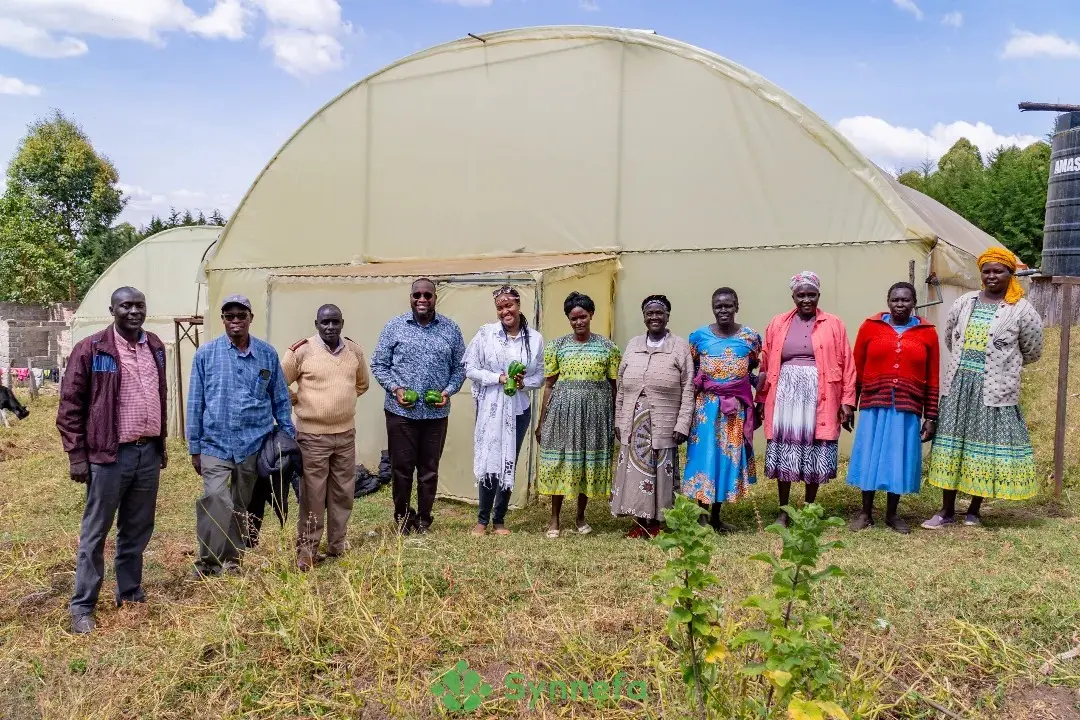Kenyan farmers are increasingly turning to AI-powered tools to boost their crop yields and improve productivity. This trend is particularly significant in a country where small-scale farmers face numerous challenges, including pests, diseases, and a lack of technical expertise.
One such farmer, Sammy Selim from Sorwot village in Kericho, has embraced an AI tool called Virtual Agronomist. This chatbot-based system provides personalized fertilizer recommendations based on farm-specific data.
In 2022, following the AI’s advice, Selim’s 0.4-hectare farm produced a record 7.3 tonnes of coffee, a substantial increase from his previous yields.
Similarly, Musau Mutisya from Machakos county, as reported by The Guardian, uses PlantVillage, an AI-powered app that diagnoses crop diseases and pests. This technology allows farmers to accurately identify issues affecting their crops and receive targeted treatment advice, potentially saving both time and money.
The adoption of these AI tools comes at a crucial time. Kenya faces a significant shortage of agricultural extension officers, with a ratio of 1:1093 extension officers to farm households, far below the Food and Agriculture Organization’s recommended 1:400 ratio.
AI applications are helping to bridge this gap, providing farmers with essential information and advice.
However, some experts caution against over-reliance on AI in agriculture. Angeline Wairegi, a researcher in this field, warns that AI tools might not incorporate indigenous knowledge, potentially leading to the erosion of time-tested local farming practices.
Despite these concerns, many Kenyan farmers view AI as a game-changer. Boniface Nzivo, for instance, uses a system called FarmShield to monitor environmental conditions and optimize water usage for his cucumber crops.

As AI continues to play an increasingly significant role in Kenyan agriculture, it offers the potential to transform small-scale farming, improving yields and livelihoods. However, balancing this technological advancement with traditional farming wisdom remains a key challenge for the future.

